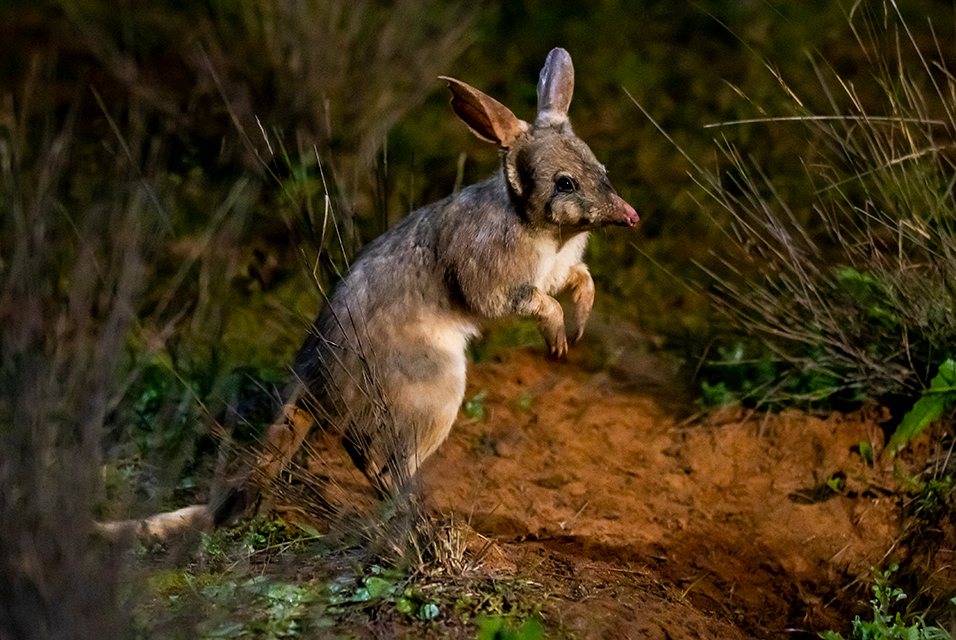-
EXPERT REACTION: Examining the impact of IVF on childhood cancer risk
JAMA Network Open
Children conceived by IVF have no overall increased risk of childhood cancer, according to a large study by international researchers. The team looked at a cohort of about 8. 5 million children, 260,000 of whom had been born using medically assisted Read more about EXPERT REACTION: Examining the impact of IVF on childhood cancer risk
Australia; International; NSW; VICFrench National Health Insurance, France -
First head knock-linked brain disease in NZ rugby league player
NZMJ
A post-mortem of a NZ-representative rugby league player's brain has shown that he suffered from chronic traumatic encephalopathy. The disease can come from repeated head knocks due to contact sports, but the report authors say that his advanced age Read more about First head knock-linked brain disease in NZ rugby league player
New ZealandTe Whatu Ora - Health New Zealand|University of Auckland -
Tenfold increase in ADHD meds in NZ still not enough
NZMJ
A New Zealand study shows a tenfold increase in the amount of medication dispensed for adults with ADHD between 2006 and 2022. Those 2022 figures meant 0. 6% of the adult population was receiving treatment, which the authors say still falls short of Read more about Tenfold increase in ADHD meds in NZ still not enough
New ZealandUniversity of Otago -
Better meals for farmed abalones
New Zealand Journal of Marine and Freshwater Research
A mixed diet including native algae gives Australia’s prized cultured abalone the colours and appearance preferred by lucrative Asian markets, new research shows. The study is part of South Australian Research and Development Institute (SARDI) and Read more about Better meals for farmed abalones
Australia; SAFlinders University|The University of Adelaide -
Nanotech opens door to future of insulin medication
Nature Nanotechnology
Research led by the University of Sydney and Sydney Local Health District has developed a new type of oral insulin based on nanotechnology. In the future, it could offer the 75 million people worldwide who use insulin for diabetes a more effective Read more about Nanotech opens door to future of insulin medication
Australia; NSW; VICThe University of Sydney|CSIRO -
CORRECTION: What can current research tell us about psilocybin as an antidepressant?
The BMJ
CORRECTION: The journal has placed and expression of concern on this paper due to an error, details below. Psilocybin - the active ingredient in magic mushrooms - can be an effective treatment for depression, however many questions remain unanswered Read more about CORRECTION: What can current research tell us about psilocybin as an antidepressant?
InternationalUniversity of Oxford, UK -
Long lives and sudden deaths: The stark differences between the health of men and women globally
The Lancet Public Health
Globally, there are substantial differences between males and females when it comes to health, according to international researchers who say these disparities emerge in adolescence and continue to grow with age. The team used data from the Global Read more about Long lives and sudden deaths: The stark differences between the health of men and women globally
InternationalUniversity of Washington, USA -
Time-restricted eating or hard exercise for your health? Why not both?
PLOS ONE
Getting some vigorous exercise in while you're on a time-restricted diet may together improve your health better than either one by themselves, say Tunisian, French and German researchers. In their study, 64 women with obesity were assigned to one Read more about Time-restricted eating or hard exercise for your health? Why not both?
InternationalUniversity of Sfax, Sfax, Tunisia -
Less than half of Victorian pharmacies stock naloxone, and even fewer have supplied it
Drug and Alcohol Review
Less than half of Victorian community pharmacies stock naloxone, with even fewer actually supplying it in the year prior to the survey, according to Australian research. The researchers surveyed 265 pharmacies, mostly based in Melbourne, and found Read more about Less than half of Victorian pharmacies stock naloxone, and even fewer have supplied it
Australia; VICMonash University -
Historical data suggests hard knocks build long-term resilience
Nature
It seems what doesn’t kill you does seem to make you stronger, according to international researchers who say disturbances to human societies boost the ability of populations to resist and recover from subsequent downturns. The team analysed Read more about Historical data suggests hard knocks build long-term resilience
InternationalBournemouth University, UK










































